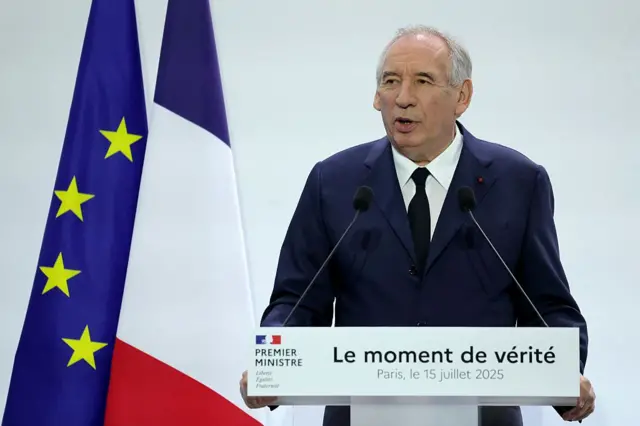Chinese Automakers Commit to Faster Supplier Payments Amid Fierce Price Wars

Summary
China’s largest automakers—including BYD, Geely, Nio, Xpeng, Li Auto, Xiaomi, GAC, FAW, Changan, and Chery—have pledged to pay their suppliers within 60 days. The move comes in response to government directives and growing industry concerns about protracted payment cycles exacerbated by aggressive price-cutting tactics in the EV market.
What’s Driving the Change
- Regulatory Pressure
- In March, the State Council mandated that major companies must pay SME suppliers within 60 days, and this rule took effect on June 1.
- The Ministry of Industry and Information Technology (MIIT) holds major automakers accountable after issuing warnings to 16 firms regarding price warfare and unpaid supplier bills.
- Supplier Hardship
- Suppliers have been enduring payment delays of up to 200 days, often accepting promissory notes in lieu of cash.
- The China Iron and Steel Association highlighted the pressure on upstream industries, noting automakers’ demands for over 10% price cuts and the impact this has on their finances.
- Intensifying Price Wars
- BYD recently slashed prices on more than twenty EV models—including the Seagull—by as much as RMB 55,800 (around US $7,770), triggering similar responses from Changan and Leapmotor.
- Analysts warn the pricing war may destabilize supply chains and ultimately hurt the industry’s long-term innovation and profitability.
- Market Reaction
- Following these payment pledges, Chinese automaker stocks climbed—BYD rose 4.6% in Hong Kong, while GAC and Dongfeng each gained nearly 2%.
- Market observers viewed the move positively, signaling improved liquidity and risk management in the supply chain.
Industry Voices
- UBS analyst Paul Gong described delayed supplier payments as an industry norm, partly due to overcapacity across the supply chain.
- An anonymous supplier told FT they were forced to accept delays and promissory notes or lose contracts, saying, “If you don’t accept, clients will just go find another supplier”.
- The China Iron and Steel Association emphasized, “no payment, no delivery,” urging automakers to honor suppliers.
🔍 What It Means
- Short-term relief for suppliers: Cash flow will improve, reducing financial strain on small- and mid-sized parts manufacturers.
- Supply chain stability: Faster payments can help secure component inputs and sustain production.
- Temporary pause in price warfare pressure: While price wars may continue, this commitment marks a regulatory and reputational shift.
🛠️ Outlook
The 60-day payment pledge is a step toward healthier supply-chain practices, but real-world impact hinges on consistent enforcement and transparency—especially around whether payments are made in cash or via promissory notes. Observers will be watching whether this shift leads to improved R&D investment, higher-quality vehicles, and less volatility in buyer–supplier relationships.






